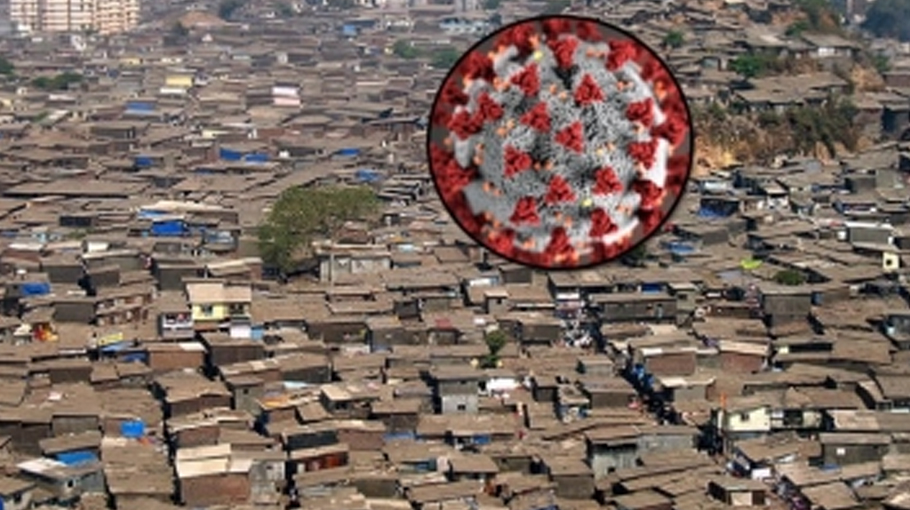Covid antibodies more among slum-dwellers: Study

More antibodies have been found in people living in slums than those in other areas of the city, according to a study conducted by the International Center for Diarrhea Research, Bangladesh (ICDDR, B).
The final data of the research conducted by ICDDR, B, with the assistance of Health Watch Bangladesh was released on Monday.
According to ICDDR, B officials, the survey was carried out among the people living in slums and adjoining areas of Dhaka and Chottogram cities from October 2020 to February 2021. Of these, four slums in Dhaka (Karail, Mirpur, Dhalpur and Ershad Nagar) and two in Chottogram (Shahid Lane and Akbar Shah Kata Pahar) were selected for the survey.
Survey samples were collected on a random basis. This method of random selection was used in all the cases, either be it house selection or people selection. However, the individuals whose samples were collected included 10 years age group or older, they added.
Read more: Rangpur records 8.05pc Covid-19 positivity rate
A questionnaire was prepared to conduct this survey. In the last six months, participants in the survey had taken preventive measures against Covid-19 infection. The survey included the person's social status (age, gender, marital status, religion, etc.), if the person had long-term health complications, or had any Covid-19 symptoms. It was also inquired if anyone at home was infected with the virus, if they were involved in exercising manual labour, and whether they were BCG vaccinated or not.
The survey participants were also measured for height, weight and
blood pressure having collected their blood samples. These individuals were also tested for antibodies to Covid-19 virus, respiratory syncytial virus (RSV), human carina virus (HCV-HKU-1), influenza virus B, parainfluenza virus, dengue virus, and chikungunya virus. Vitamin D and zinc levels in the blood were also tested.




